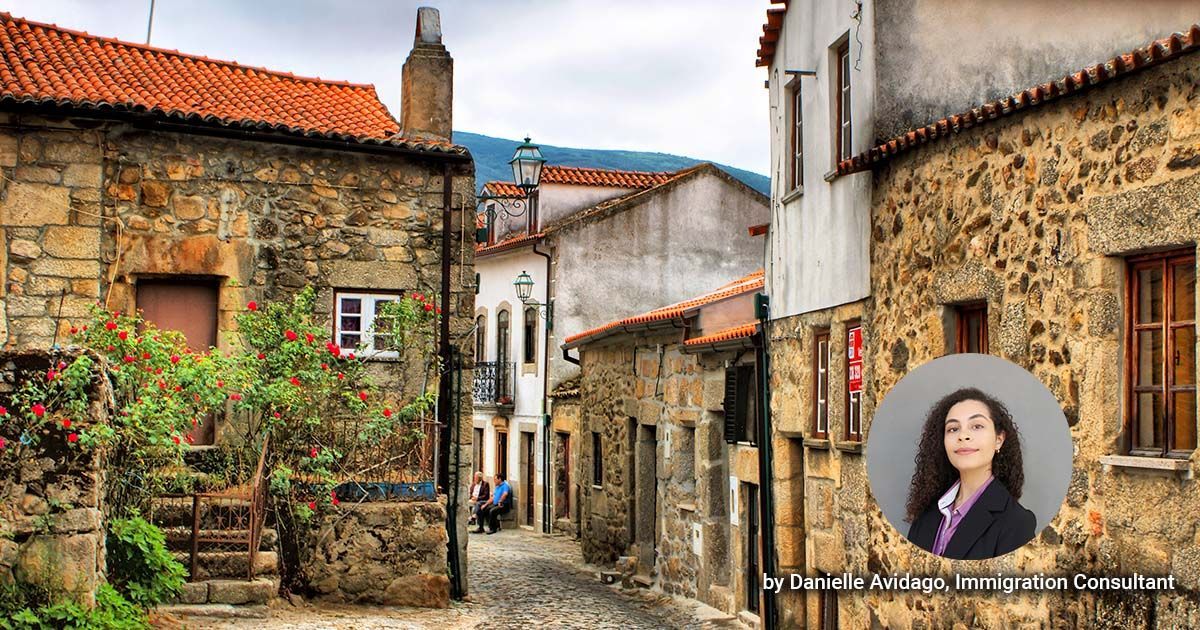Portugal's Plan for Lifting Lockdown
The country has been in lockdown since mid-January and, now that the number of Covid-19 cases has dropped significantly, the Portuguese Government has defined a plan for opening up. Reopening means that there will be a gradual lift of measures and, every two weeks, new services can start operating again, as follows:
General rules:
- Working from home whenever possible
- Establishments’ closing hours:
- 9pm on weekdays
- 1pm on weekends and holidays or 7pm for food retail
- Prohibition of movement between municipalities on 20th and 21st March and in the Easter period (26th March- 5th April)
From 15th March onwards the following services will open:
- Nurseries, pre-schools and basic education (1st cycle), as well as extracurricular activity centres for those ages (6 to 10 years old)
- Establishments of non-essential goods for home delivery or at the door/window or through click and collect service
- Closing hours for non-food retail and service providers:
- 9pm on weekdays
- 1pm on Saturdays, Sundays and holidays
- Closing hours for food retail:
- 9pm on weekdays
- 7pm on Saturdays, Sundays and holidays
- Fairs and non-food markets (by Municipal decision)
- Drinks are allowed in take-away service
- The sale of alcoholic beverages is forbidden from 8pm until 6am
- Hairdressers, barbers and beauticians by appointment
- Establishments that sell books and music
- Parks, gardens and leisure spaces, as well as libraries and archives
- The circulation between municipalities is prohibited on the 20th and 21st of March and during the Easter period (from March 26th to April 5th)
From 5th April onwards the following services will open:
- Basic education (2nd and 3rd cycle), as well as extracurricular activity centres for those ages (10 to 14 years old) and social facilities in the area of disability
- Museums, monuments, palaces and art galleries
- Stores up to 200m2
- Fairs and non-food markets (by Municipal decision)
- Restaurants with outdoor tables (max 4 people)
- Low-risk sports
- Outdoor physical activity up to 4 people and gyms without group classes
From 19th April onwards the following services will open:
- Secondary schools (15 to 18 years old)
- Universities
- Cinemas, theatres, auditoriums
- Lojas do Cidadão by appointment
- All stores and shopping centres
- Restaurants and cafés (max 4 people or 6 at outdoor spaces) until 10pm or 1pm at weekends and holidays
- Medium-risk sports
- Outdoor physical activity up to 6 people and gyms without group classes
- Outdoor events with reduced capacity
- Weddings and baptisms with 25% capacity
From 3rd May onwards the following services will open:
- Restaurants and cafés (max 6 people or 10 at outdoor spaces) with no time limit
- All sports
- Outdoor physical activity and gyms
- Large outdoor events and indoor events with reduced capacity
- Weddings and baptisms with 50% capacity
Source: https://covid19estamoson.gov.pt/plano-desconfinamento-datas-regras/











